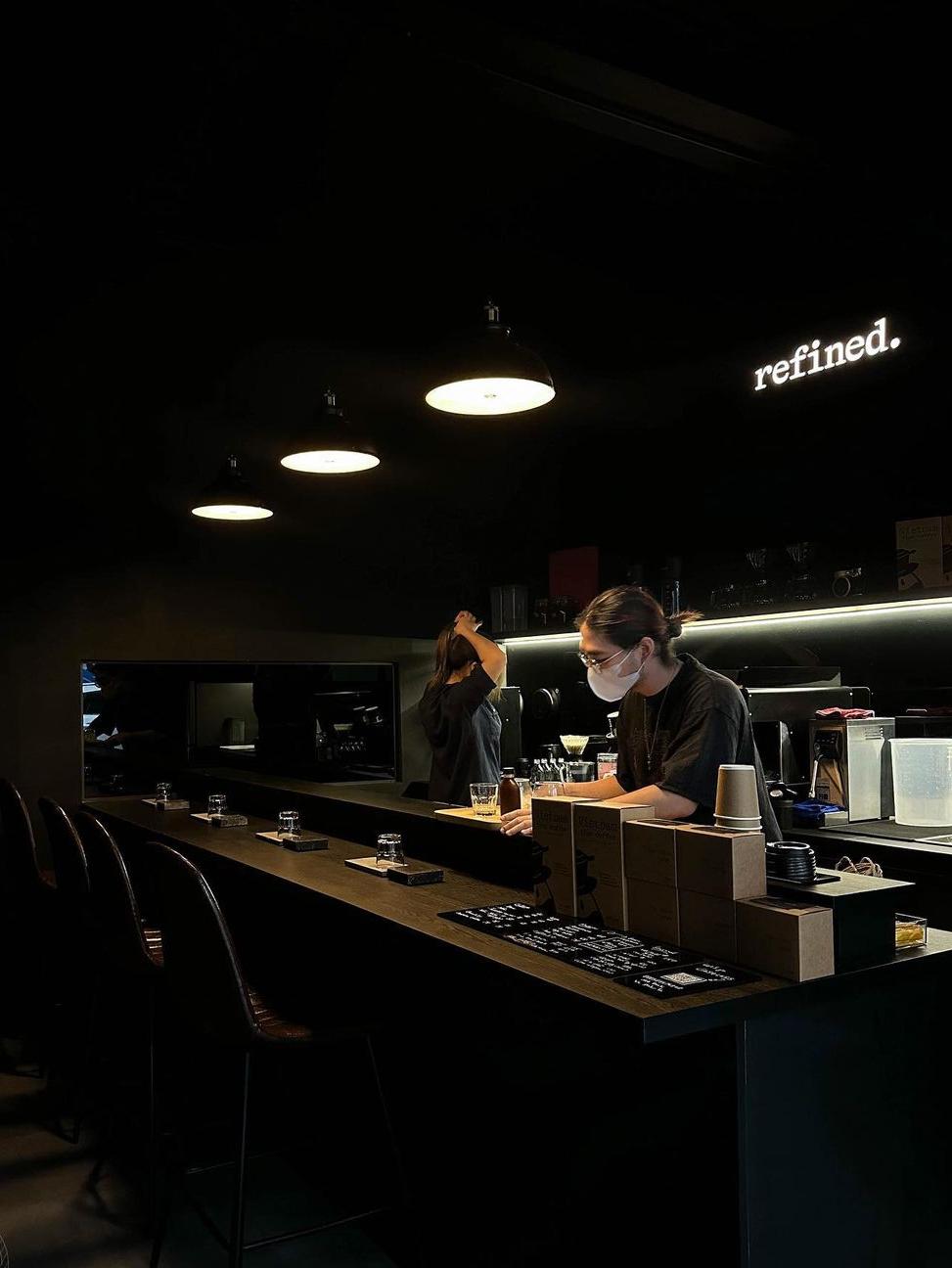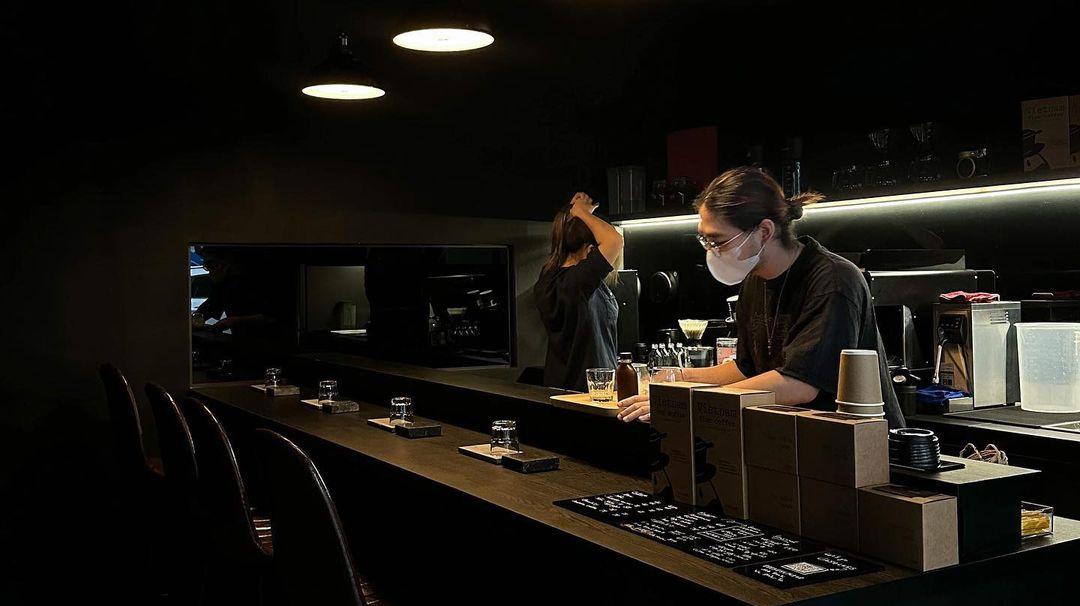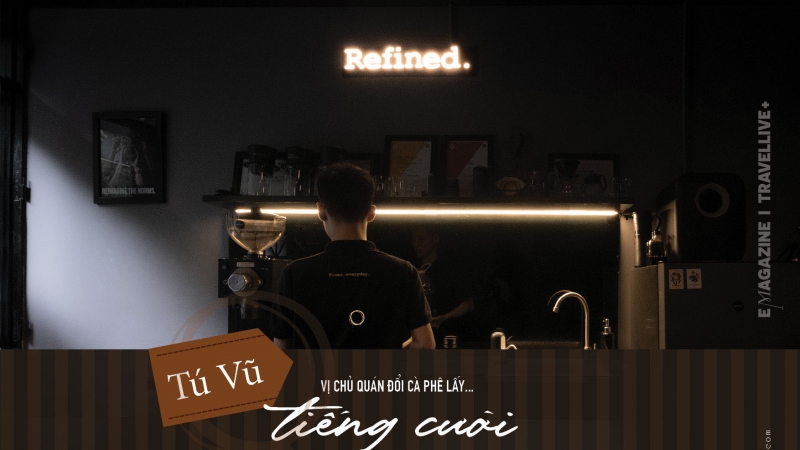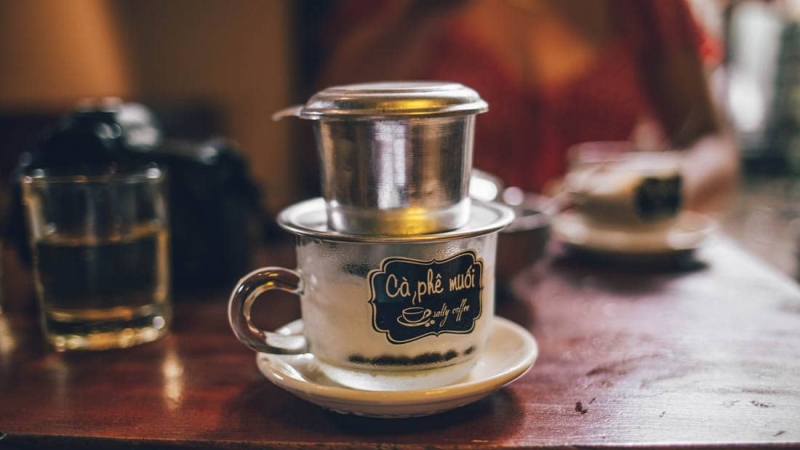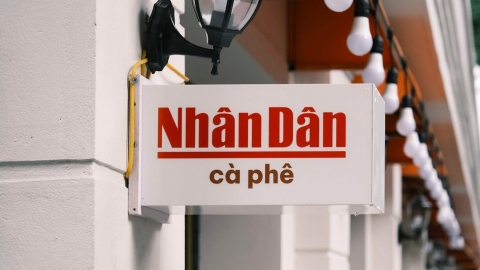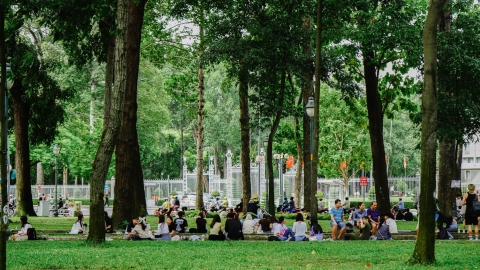Coffee, whether "iced black coffee," "brown coffee," "iced condensed milk coffee," or "egg coffee," has long been an indispensable part of Vietnamese culture. However, owning a coffee shop is certainly not a career choice that many middle-class parents in Vietnam want their children to pursue.
"Initially, my family didn't know much about this," Dinh Tu shared. "Gradually, they found out and weren't very supportive." Tu's parents repeatedly tried to persuade him to return to his high-paying job in finance and banking.
But Tú persevered with his initial dream. Within four years, he opened four Refined branches in Hanoi, each bustling with customers day and night. What makes Refined attractive to coffee lovers is that they can enjoy robusta – the Vietnamese coffee – in an atmosphere more like a cocktail bar than a coffee shop.
Explaining her parents' objections, Tú explained: "They saw the hardships involved in running a business – from managing finances to personnel, and they didn't want me to go through the same difficulties."
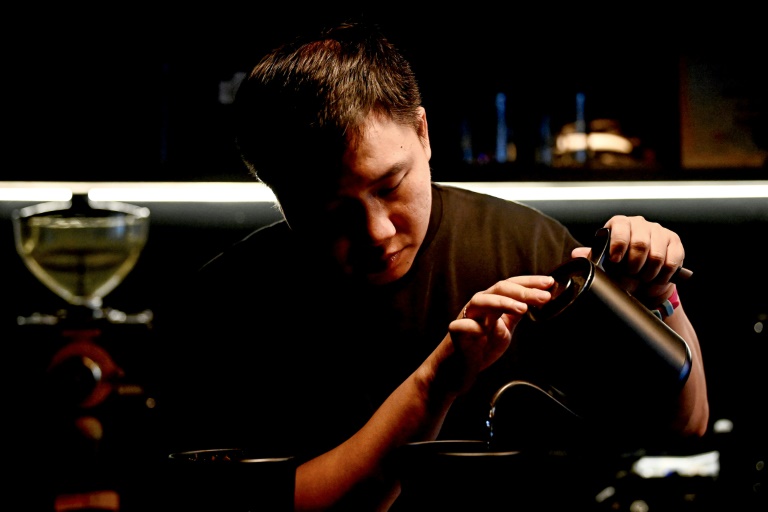
Despite working in the finance industry for five years with countless opportunities, Tu Vu still decided to leave to rediscover herself.
Indeed, Vietnam was once a poor country with a centrally planned economy, until the early 2000s, when the country rose strongly thanks to a boom in the manufacturing sector. It's not hard to understand why many parents want their children to succeed and have a place in society through stable, high-paying careers such as in medicine or law. Meanwhile, coffee has become a symbol of creativity and self-expression.
As an 'artist'
According to Sarah Grant, associate professor at California State University: "In Vietnam, owning a coffee shop has become a way for young people to break free from social norms and family pressure to excel academically, go to university, get a degree... and secure a stable job and financial stability."
"Coffee shops also become spaces for connecting creative people within a community, whether they are graphic designers, musicians, or many other types of artists..." Grant, an anthropologist specializing in Vietnam, added.
Coffee first appeared in Vietnam in the 1850s, during the French colonial period. The shift in the 1990s and early 2000s to large-scale robusta coffee production transformed the country into the world's second-largest coffee producer and exporter. Grant shared that the Vietnamese people's passion for coffee is often linked to this history. She added that coffee entrepreneurs "are very proud that Vietnam is a coffee-producing nation with a significant influence on the global market."
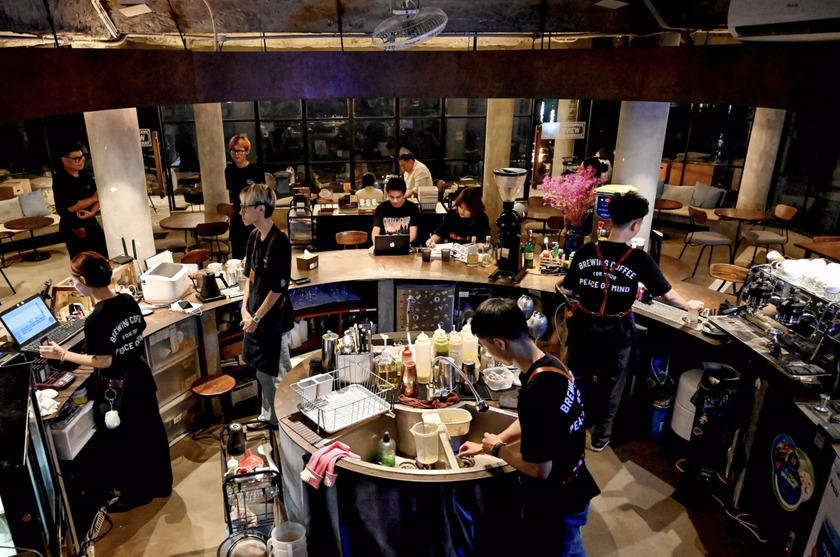
Coffee symbolizes creativity and the freedom of self-expression for young people.
In a small alley in the heart of the capital, 29-year-old Nguyen Thi Hue is brewing a lychee matcha cold brew at her new café – a one-person "Slow Bar." She had her first cup of coffee as a child, roasted and ground by her neighbor. Hue shared, "When I brew coffee, it's almost like I'm creating art."
But going to cafes is a very popular trend these days, and if a cafe attracts Gen Z who love taking selfies, it can definitely be a profitable business. "Nobody dresses sloppily when going to a cafe," Hue observed. The owner herself was wearing a pair of bright blue-rimmed glasses that matched her scarf.

A former journalist, Nguyen Thi Hue is now thriving in Hanoi's dynamic coffee industry.
Coffee - a serious profession
Relaxing at a cafe across the street, 21-year-old Dang Le Nhu Quynh, a university student, is a typical example of a new generation of customers. Nhu says that, for her, the cafe's style is far more important than the quality of the drinks. "I don't really like coffee," Nhu admits.
According to brand consulting firm Mibrand, Vietnam's coffee industry is currently valued at $400 million and is growing at an average rate of 8% annually. However, according to Ms. Vu Thi Kim Oanh, a lecturer at RMIT University, thousands of coffee shops are operating without official business registration with the relevant authorities. "If we have problems with office life, we quit our jobs and think: maybe we should pool our money... choose a place, rent a house, and open a coffee shop," she said. "If the business is good, we continue; otherwise, we change direction."
Furthermore, global brands are also facing difficulties in penetrating and dominating the Vietnamese market. According to Euromonitor International, after 8 years of entering Vietnam, in 2022, Starbucks only held 2% of the coffee shop market share in Vietnam. Earlier this year, the brand announced it would close its only store in Ho Chi Minh City specializing in its signature coffee.

Starbucks is trying to win over Vietnamese customers by using only "high-quality" arabica beans.
Unlike most local coffee shops, the giant Starbucks only uses "high-quality" arabica beans, which have a completely different flavor from the robusta coffee that Vietnamese people usually drink. According to many analysts and marketing experts, the main reason the company is struggling in Vietnam is its failure to meet the specific tastes and preferences of Vietnamese coffee consumers.
For Dinh Tu, his parents finally accepted his current job – and Tu plans to open more Refined branches, hoping to create a workforce that loves coffee as much as he does. He shared: "I want to build a mindset that this can be a serious career."

 VI
VI EN
EN



